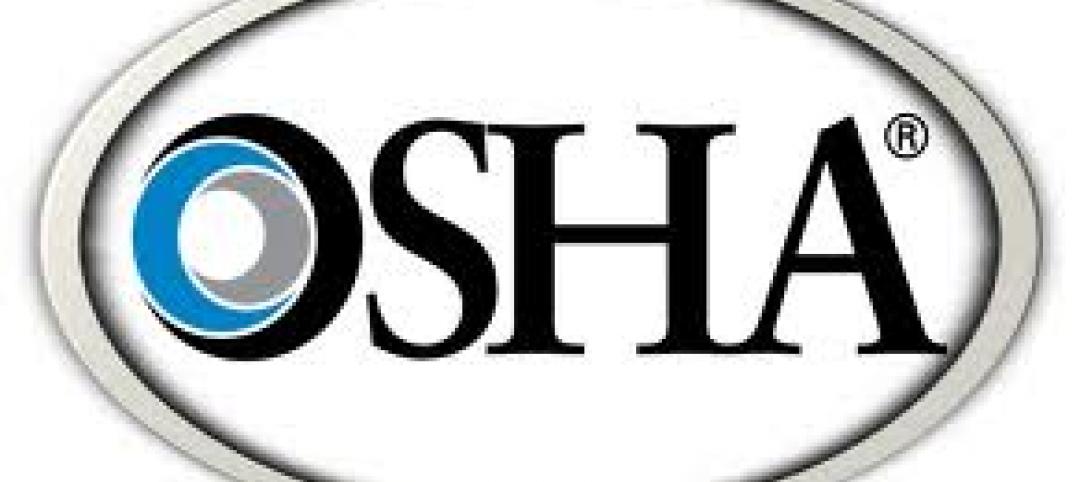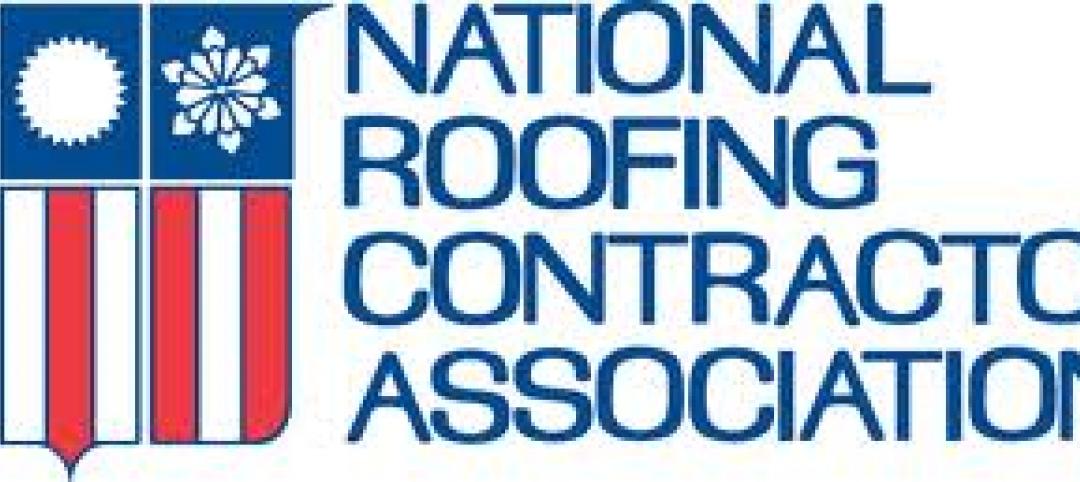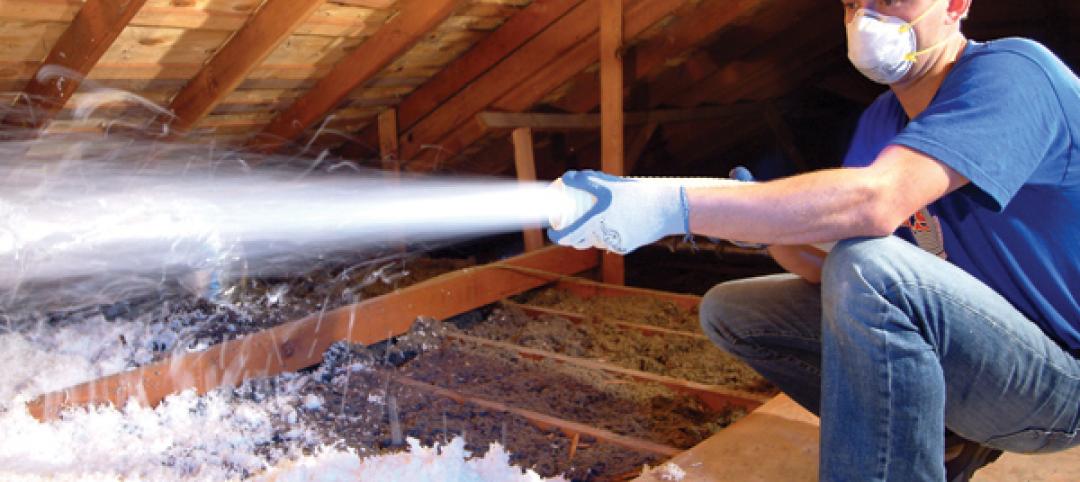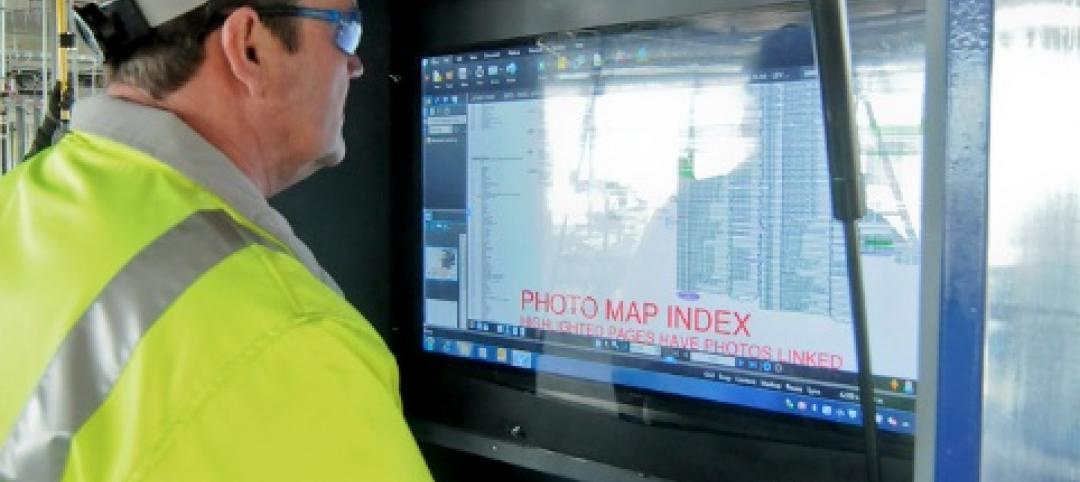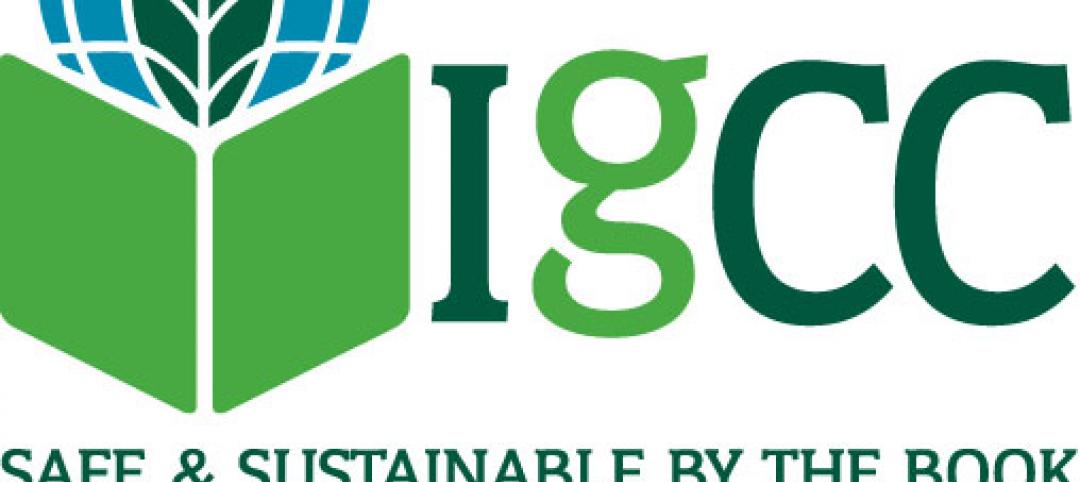Newly published changes to NSF/ANSI/CAN 61, the drinking water product standard used in the U.S. and Canada, reduce the amount of lead that can leach from plumbing products.
The “significantly more rigorous requirements” were approved after years of exploring various testing methods to reduce lead leaching from endpoint devices that dispense drinking water, as well as from other plumbing components, according to a NSF International news release.
More stringent pass/fail criteria for standard certification will require the maximum amount of lead leaching to be reduced from 5 micrograms (µg) to 1 µg for devices that dispense drinking water such as faucets, and from 3 µg to 0.5 µg for other plumbing components such as connector hoses and small shut-off valves. In-line mechanical devices and other product categories under NSF/ANSI/CAN 61 are not subject to the new requirements.
Revisions to the standard were approved by the Council of Public Health Consultants and ratified by the American National Standards Institute (ANSI) and the Standards Council of Canada (SCC). Certification of applicable products to the more stringent lead leaching criteria is optional for the next three years to allow manufacturers time to comply. On Jan. 1, 2024, all products will be required to meet the stricter requirements.
Related Stories
| Dec 29, 2011
OSHA enforcing new fall hazard standards
OSHA is enforcing its new fall protection standards, as evidenced by a recent crackdown in New York.
| Dec 29, 2011
NRCA offers program on new fall-protection requirements
The National Roofing Contractors Association's (NRCA's) program "Roofing Industry Fall Protection from A to Z" will be held Feb. 21 during the organization's 125th Annual Convention.
| Dec 29, 2011
Decision not to fireproof the new World Trade Center Transportation Hub criticized
Some criticized the decision, reasoning that the structure could be a terrorist target.
| Dec 29, 2011
Seismic safety in question at thousands of California public schools
California regulators responsible for enforcing earthquake safety laws have failed to certify more than 16,000 construction projects in California public schools, increasing the risk that some projects may be unsafe, according to a state audit report.
| Dec 29, 2011
GreenWizard offers cloud-based LEED credit management, assessment
The company recently began offering companies the ability to run assessments for design credits, in addition to traditional product-specific LEED credits.
| Dec 22, 2011
Federal home weatherization program has impacted 6.8 million homes
More than 6.8 million homes have been weatherized using federal, state, utility, and other funds under the American Recovery and Reinvestment Act.
| Dec 22, 2011
Group developing BIM data standards
A collaboration among Georgia Tech’s Digital Building Lab, the Precast Concrete Institute, the American Concrete Institute, and the American Institute of Steel Construction aims to develop global standards for transportation of three-dimensional digital models among fabricator, architecture, engineering, and construction groups.
| Dec 22, 2011
New green code spells out thermal requirement for roof retrofits
The 2012 International Green Construction Code (IgCC) includes a straightforward approach to minimum thermal requirements for roof and wall systems.
| Dec 22, 2011
AGC’s safety conference Jan. 11-13 in San Antonio
The Associated General Contractors of America’s national meeting for safety and health professionals will take place Jan. 11-13, 2012 in San Antonio, TX.
| Dec 22, 2011
Proposed New York City zoning revamp encourages rooftop solar and wind energy
New zoning regulation proposals to make it easier for building owners in New York City to make their structures more sustainable have entered the public approval process.



